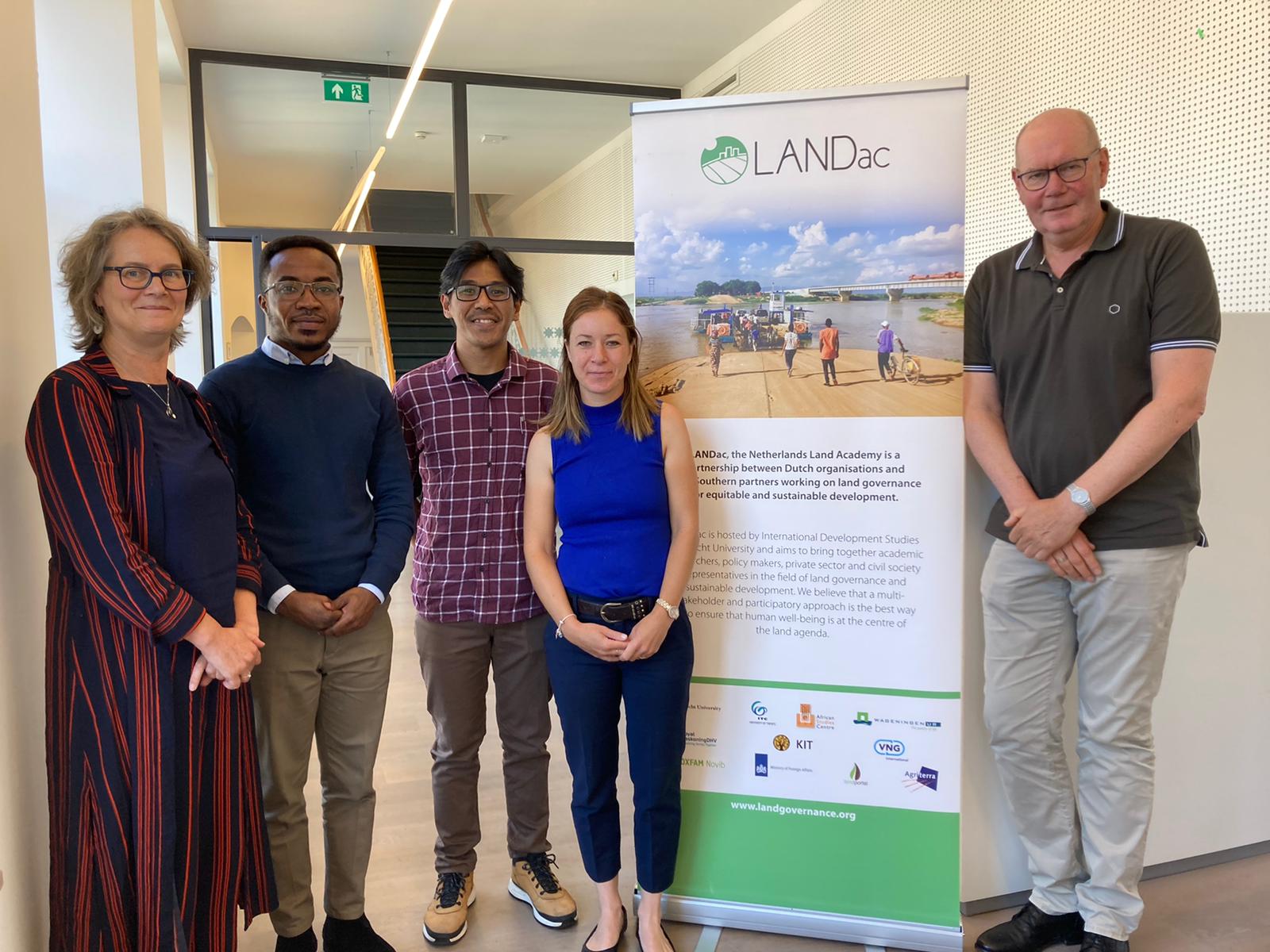This presentation introduces the role of patrimonial governance in capitalizing on constructed geo heritage landscapes in Indonesia. More specifically, the role this particular system of governance plays in commodifying geology through the creation of a geopark to meet nationally defined tourism development aspirations. As previously well-known in the academic and popular terms, tourism governance predominantly focuses on how to manage tourism destinations sustainably, promoting the ‘good governance’ approach, critiquing clientelism and nepotism by emphasizing on inclusivity and democratic aspect of tourism management. The good governance approach also involves tourism diversification and integration with other sectors to induce inclusive development. Placing tourism as the driving aspiration to achieve community sustainable development frames governance in a particular way. However, moving away from the conventional wisdom standard of good governance, I want to explore how particular clientelism in patrimonial governance can have an impact on destination development through tourism, using two cases of Indonesian tourism development in two Geopark areas: Gunungsewu and Ciletuh Geopark.
Focusing on the inextricable networks that form particular patrimonial governance structures as they effect capitalism in the geopark tourism management context, I found that in the cases, the patrimonial land governance appears as a form of struggle by the rentier class in ensuring their benefits in value distribution. An important intention is to protect the land development from the intervention of external investors who they assumed as destroying the environment. The appearance of state regulation becomes a constraint for the new arrangement in Ciletuh case as it limits the role of the local village to manage the land selling business. In Gunungsewu case, the business arrangement involving the private and public sectors generates the production of a formal policy that supports the growth of their business and investment to respond to the recentralization issue. Both cases show that this form of patrimonial governance and clientelism created in an informal setting has taken a much more active approach to stimulate business and investment than the conventional wisdom of ‘good governance’ recommends.
So, even though I see this as a form of class struggle – rentier class struggle - the process of developing tourism on the backs of the national geopark policy involved the practice of exclusion of state-related actors opposing the interests of this arrangement. This led to the emergence of another business arrangement competing in running the land selling business. The emerging dispersed patrimonial system competes and contests within the production of tourism space and destination development. As a result, the business and investment climate will grow faster in terms of the quantity of the business and the money circulated within the area but induces the practice of exclusion of certain actors on the local and national scale.
Here, I would argue that in one sense, this patrimonial regime of land governance successfully decreases the level of poverty, contrary to the conventional wisdom of standard “good-governance” as conventionally applied in supporting pro-poor growth. The patrimonial system can be the structure and mechanism for centralizing economic rents and managing them with a view to growth over the long term. Reflecting on this, policymakers need to stop offering blanket solutions for Indonesian land governance and development and start instead to tailor their policies to regime type.

